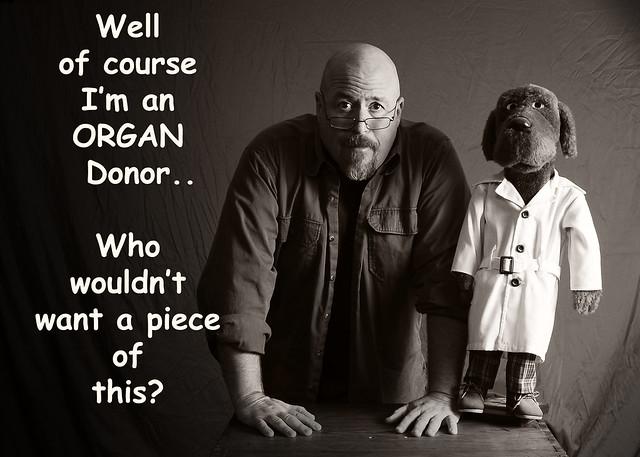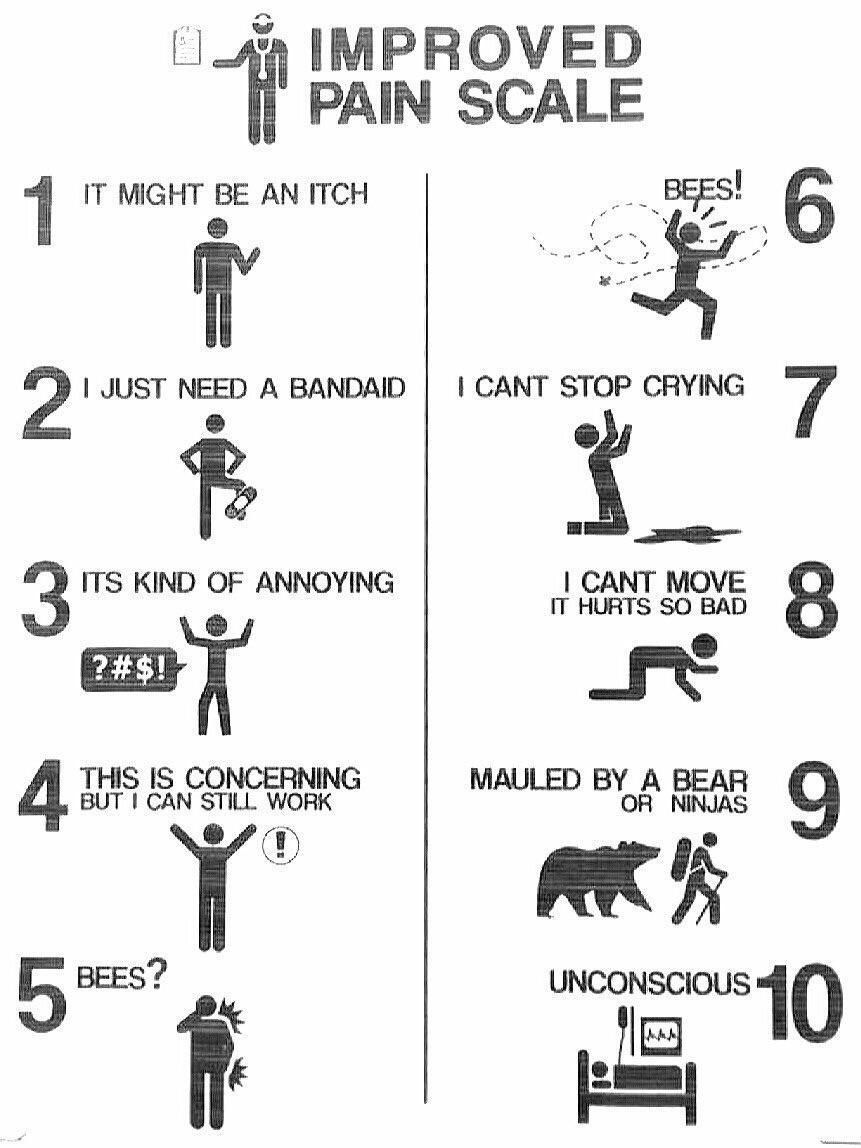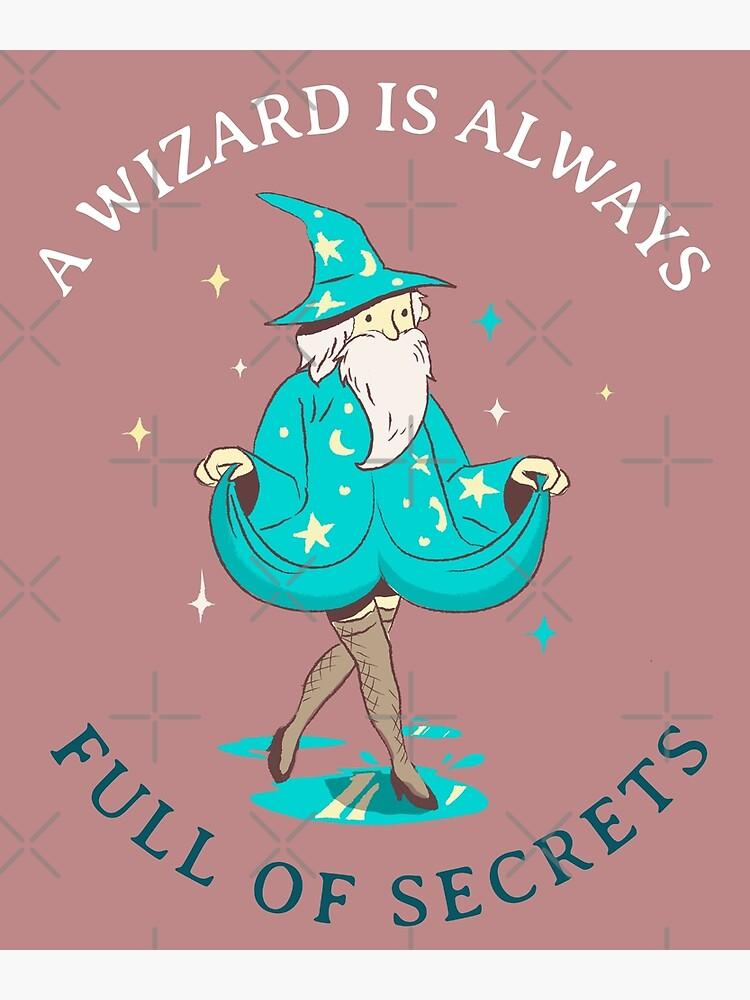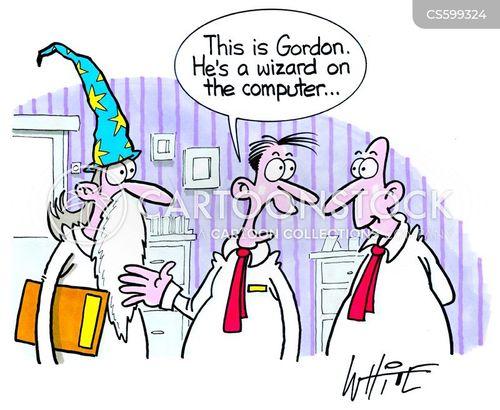Ever found yourself in a conversation where you’re chuckling and scratching your head at the same time? That’s the magic of humor, especially when it comes to the delightful quirkiness of “Why Are You Hitting Yourself?”—a game that’s become a staple in the amusing world of Wizards. Picture this: laughter bouncing off the walls as friends engage in playful banter, but behind that levity lies a cornucopia of wit and cleverness waiting to be unraveled. Let’s dive into this hilarious phenomenon, exploring not just what makes it funny, but how it taps into the whimsical essence of playful self-sabotage. Buckle up, because we’re about to embark on a comedic journey that peeks behind the curtain of humor, revealing the delightful layers woven into this playful punning that keeps us laughing—and maybe even questioning our choices.
Exploring the Roots of Self-Inflicted Humor in Wizards

Wizards, with their tall hats and twinkling wands, often seem like serious figures soaring through a world of magic, but there’s a playful undercurrent bubbling beneath their robes. The phenomenon of self-inflicted humor isn’t just some whimsical trait; it’s deeply rooted in their traditions and experiences. Imagine a wizard casting a spell, only to trip over their own pointy shoes—now that’s a classic slapstick moment! This intertwining of clumsiness and charm brings lightness not only to their characters but also to the art of sorcery itself. Sometimes, the most enchanting spells come with a side of giggles when wizards juggled multiple potions, only to explode in a colorful mess. Who knew a dash of chaos could weave such rich humor into their stories?
Furthermore, the act of hitting oneself in jest reveals a profound self-awareness among wizards. It’s almost like they’re saying, “Hey, I’m not above a good laugh at my own expense!” This playful self-deprecation can be viewed through various lenses: it breaks down the lofty barriers of power fantasy, allowing everyday folks to chuckle at their wizardly blunders. When wizards poke fun at their own magical mishaps, they set up a surreal connection with the audience, inviting them to share in their mischief. Here are a few reasons why this ticklish trend resonates within wizarding circles:
- Relatability: Everyone has had embarrassing moments.
- Magic in Mistakes: Flaws can lead to unexpected fun.
- Breaking the Ice: Light-hearted humor builds camaraderie.
Decoding the Psychology Behind Playful Pain

Have you ever found yourself in the midst of a friendly tussle, questioning, “Why are you hitting yourself?” It sounds silly, right? But when it comes to playful pain, there’s an unexpected layer of psychological depth underneath all that giggling. Humor often thrives on contradictions and absurdities, and this phrase encapsulates that beautifully. It’s as if you’re caught in a weird game where you’re simultaneously the attacker and the victim. This kind of playful pain can create a bonding moment, where laughter acts as a social lubricant, easing tensions and creating memories that last long after the stunts fade.
At its core, this humorous banter taps into our innate desire to engage in playful behavior, a remnant from our childhood. Think about it: the more ridiculous the situation, the harder we laugh. Playing with the idea of pain, even in a light-hearted way, can serve several social functions:
- Strengthening bonds: Shared laughter builds camaraderie and trust.
- Testing limits: Light-hearted physical interactions can help understand personal boundaries in a safe environment.
- Coping mechanism: Humor can diffuse discomfort, allowing people to face the absurdity of a situation with a smile.
These tiny moments of silly pain are a reminder of how deeply entwined humor and relationships are. It’s where joy and mild discomfort collide, leaving us to wonder why we laugh about getting poked in the ribs or gently ”hit” on the arm. It’s all part of the dance of human interaction, a blend of jest and jesters, where the playful pain actually heals in its own whimsical way.
Crafting a Culture of Comedic Connection in Wizardry

When you think of wizards, the first thing that might pop into your head isn’t exactly comedy. However, it turns out that a sprinkle of humor can create a delightful environment, making magical communities far more enjoyable. Imagine wizards and witches gathered around a fire, sharing the latest spell mishaps. Picture them laughing at the absurdity of a potion gone wrong, or a spell that turned their trusted broom into a dancing broomstick. It’s through these moments, where laughter rules, that a culture of comedic connection takes root and flourishes. Wouldn’t you agree that a good giggle can often soften the hardest of spells?
In the whimsical world of wizardry, building rapport through humor is as vital as mastering the art of wand-waving! To forge genuine relationships, wizards might use a few key techniques, such as:
- Storytelling: Sharing embarrassing moments adds a human touch.
- Puns and wordplay: Casting spells with a clever twist can lead to a hearty chuckle.
- Funny contests: Hosting spell-casting competitions with comedic twists keeps spirits high.
Creating a culture where comedy abounds allows for resilience in the face of magical challenges. Just as a good wand needs proper care to channel its magic effectively, camaraderie nurtured through humor enhances the bonds between wizards, creating a network of support that’s truly enchanting.
Strategies to Enhance Your Wizarding Wit and Wisdom

Wit in the wizarding world can be as magical as a well-cast spell, so let’s dive into ways to sharpen your humor without turning into a toad! Start off by surrounding yourself with clever company. Ever notice how a good laugh is contagious? Find those friends who excel in banter and observations about the absurdities of daily life—that rapport can spark your own comedic ideas. Play with puns and wordplay, much like a potioneer measuring ingredients. Each word is a potion, and the right mix can create a concoction that leaves your audience enchanted and chuckling.
Another strategy is to embrace the quirks of your surroundings. Think of the everyday scenarios that seem too ridiculous to be true—like waiting in a seemingly endless line for a Butterbeer. Capture those moments and transform them into jest! Jot down your observations, because remember, humor is often birthed from the unexpected. Here’s a simple table to illustrate some classic wizarding scenarios that can inspire your comedic voice:
| Scenario | Possible Joke Seed |
|---|---|
| Stumbling upon a rogue Snitch | “Don’t worry, it just wanted to join the party!” |
| Overcooked potions | “Looks like I made a new potion: ‘Pasta Gloom!’” |
| Accidental hexing | “Did my wand just join a dance-off?” |
By weaving these elements into your daily life and observations, you’ll not only uncover your unique humor but also elevate your wizarding wit to a whole new level. Remember, every good wizard can master a spell, but it takes true talent to spin a tale that leaves others rolling with laughter. So go ahead, don your most whimsical hat, and let the laughter fly!
Insights and Conclusions
And there you have it! We’ve taken a playful stroll through the enchanting yet absurd world of “Why Are You Hitting Yourself?” on Wizards. It’s a wild ride, isn’t it? Just like a mischievous spell gone a bit sideways, this quirky humor invites us to laugh at the little absurdities in life, showing us that even in a realm of magic and wonder, the most relatable moments often come wrapped in a punchline.
So, the next time you’re chuckling over a wizard’s antics or maybe even finding yourself in a bit of a self-inflicted giggle fit, remember that humor can be just as enchanting as any spell. It brings us together, makes the mundane magical, and reminds us not to take life too seriously. After all, who doesn’t enjoy a good chuckle at their own expense now and then? Keep that sense of whimsy alive, and don’t be afraid to embrace the hilarity in your own life. Until next time, may your laughs be plenty and your spells be ever so charming!

